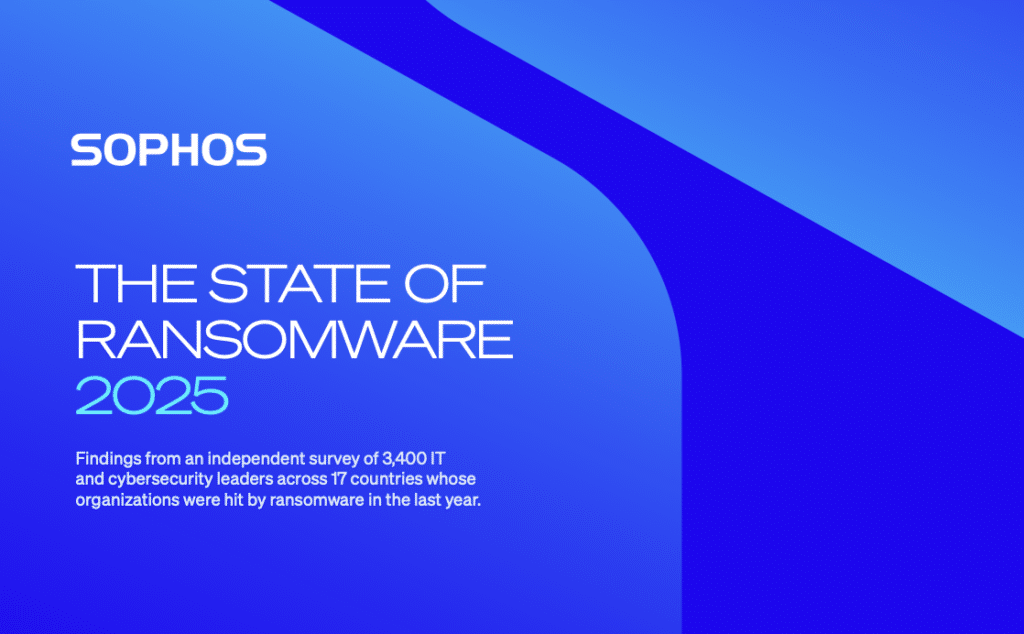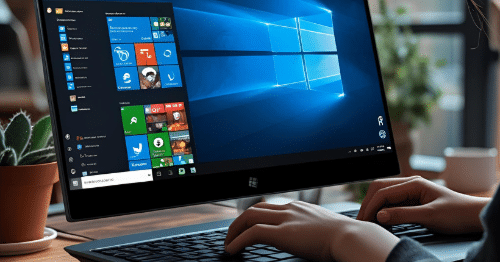Cyber security tips for small businesses

Cyber Security is so important for smaller businesses as they are the ideal target for hackers
Many small businesses have the misconception that they are far too small to consider their cyber security policy and that malicious attacks from hackers only occur when you are a larger business.
Its true to say that for a cyber-criminal it is of course far more profitable for them to target larger businesses, but it’s harder for them to infiltrate their systems. Targeting smaller businesses is far easier, as they do not pay enough attention to their security systems, so attacks on smaller businesses are increasing at a rapid rate.
We look at the top tips that we could advise smaller businesses on implementing to ensure that they are secure.
- Implement a robust firewall: Solutions for cyber security are positioned between your business network and the outside wall. This then prevents any unauthorised persons from gaining any access to your network and any of your stored data. However, in this process, you must ensure that you protect your remote workers. Mode would suggest purchasing a next generation firewall. Although this is more cost, this does offer a truly robust system against hackers.
- Password policy: ensure that you have passwords for all your systems as well as computers. Create a policy for your teams so that they have to implement strong passwords including lower- and upper-case letters, numbers and unique characters such as $%@. Train your teams on this and set reminders on your systems so that these are regularly changed, probably every 30 days.
- Training on Cyber Security: Ensure you have regular training for your teams and create a culture where cyber security is important to all. Cover the basics, internet safety, how your teams handle sensitive data, password creation and make sure your training covers the principles of how to avoid phishing emails. You could even create a simulation on phishing emails and see how they respond and create lessons learnt sessions.
- Ensure there is multifactor authentication password: Not only should you have passwords; you should ensure that there is one other method of authentication. This means if for any reason your login is compromised then another method of security is needed in order to access your systems. This could be a text message to your smartphone.
- Always Back-up: You need to make sure that you have a good back policy. If a hacker attacks your systems, then you must be able to restore all your data quickly to ensure there is minimal downtime to your business.
- Update your software and your firmware: there are always vulnerabilities, often patches and security updates are released and all too often, businesses ignore them. Don’t! Make sure these are downloaded and implemented.
- Make sure you have a spam filter: Phishing emails are an easy way for hackers to infiltrate your business. It means they can by-pass your defences and gain log on credentials and install the malware directly on to your systems. An advanced spam filter will block all malicious spam.
- Wi-Fi networks need to be secure: If you have wireless networks, they need protection. All your data should be encrypted, hidden and doesn’t broadcast its Service Set Identifier (SSID). Change default passwords and protect it from outside infiltration.
- Implement a web filter: Web based attacks are on the increase. Implement a filter. This will prevent your teams from accessing websites that may potentially host malicious malware and block them.
Contact Mode today and let us help your business start its cyber security protection today.
Targeting smaller businesses is far easier, so attacks are increasing at a rapid rate.

You may be interested in
The 2025 State of Ransomware: Key Insights on Attacks, Costs, and Recovery
Ransomware continues to evolve — and so must our defenses. The State of Ransomware 2025 report from Sophos presents one of the most comprehensive views yet into how organisations around the world are being impacted by ransomware attacks. Based on an independent survey of 3,400 IT and cybersecurity leaders across 17 countries, the report explores how attacks are evolving, the operational weaknesses adversaries exploit, and the human and financial tolls that follow. Whether you’re building a cybersecurity strategy or assessing risk, this year’s findings offer crucial, real-world insights to guide your response. Key Findings from…
Outgrowing your MSP; businesses need a provider that scales with their growth
To stay competitive, business leaders must align with MSPs that deliver strategic value, drive innovation, and support to scale. Now firmly into 2025, it’s becoming clear what the year has in store for the IT landscape. For SMBs, the message is clear: business growth must be matched with smarter, more scalable managed services. The demand for cyber-resilient, cloud-first and AI-integrated solutions is no longer a forecast – it’s a reality already shaping business priorities. According to leading global technology market analyst firm Canalys’ MSP Trends 2025 report, the MSP model is transforming under growing pressure…
End of windows 10 support signal urgent action needed from UK organisations as cyberattacks continue to rise
Recent breaches at major UK retailers, combined with the approaching end of life of Windows 10, highlights a critical moment for IT resilience planning The recent wave of cyberattacks targeting major UK retailers has highlighted the growing security risks associated with organisations running outdated systems and applications and maintaining weak identity verification protocols. These incidents—particularly those involving Marks & Spencer and the Co-Op—have starkly exposed how vulnerable legacy infrastructure and insufficient access controls can be. In both cases, attackers successfully posed as legitimate employees and manipulated IT help desks into resetting internal passwords, ultimately gaining…
UK SMEs must fortify their cybersecurity against geopolitical risks, says Espria
A recent Sky News investigation highlighted an uptick in cyberattacks tied to the Iran conflict that are targeting businesses across multiple sectors. Speaking at the NATO Summit, Prime Minister Sir Keir Starmer urged UK businesses, regardless of size or sector, to prioritise cybersecurity and ‘take immediate steps to review and strengthen their defences.’ While the warning is timely in tone, businesses are already becoming targets of politically motivated cyberattacks, emphasising the need for heightened vigilance. “As tensions spread globally, threat actors will continue to exploit digital vulnerabilities, and neutral businesses may be caught in the…
End of windows 10 support signal urgent action needed from UK organisations as cyberattacks continue to rise
End of windows 10 support signal urgent action needed from UK organisations as cyberattacks continue to rise
Why Businesses Should Invest in ESG: Lessons learned by Espria
In today’s competitive landscape, Environmental, Social and Governance (ESG) performance is no longer just a “nice to have”—it is a critical business imperative. Companies that prioritise ESG are better positioned for long-term success, risk mitigation, and reputation enhancement. Today’s world demands more from companies than just financial performance. Customers want transparency. Employees want purpose. Investors want resilience. ESG helps businesses manage risk, seize new opportunities and build trust with the people who matter most. It is how you can stay competitive, stay responsible and stay relevant in a fast-changing world. A powerful case study of…





